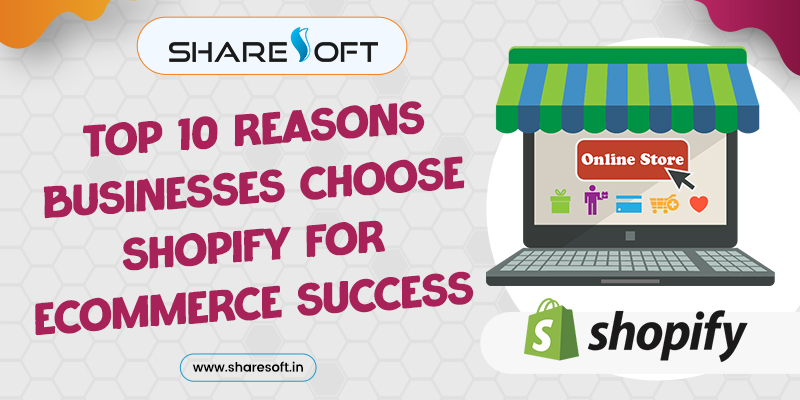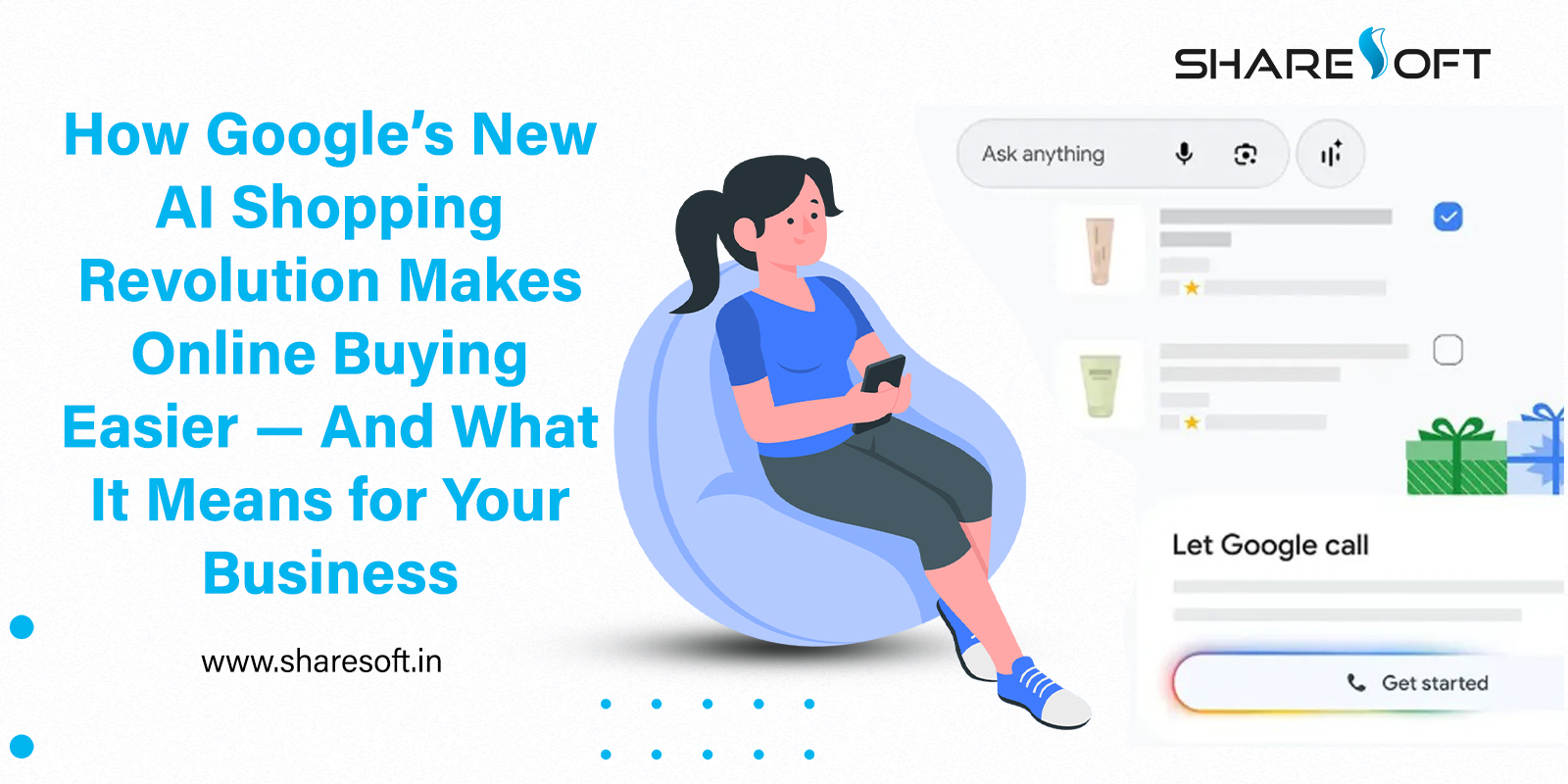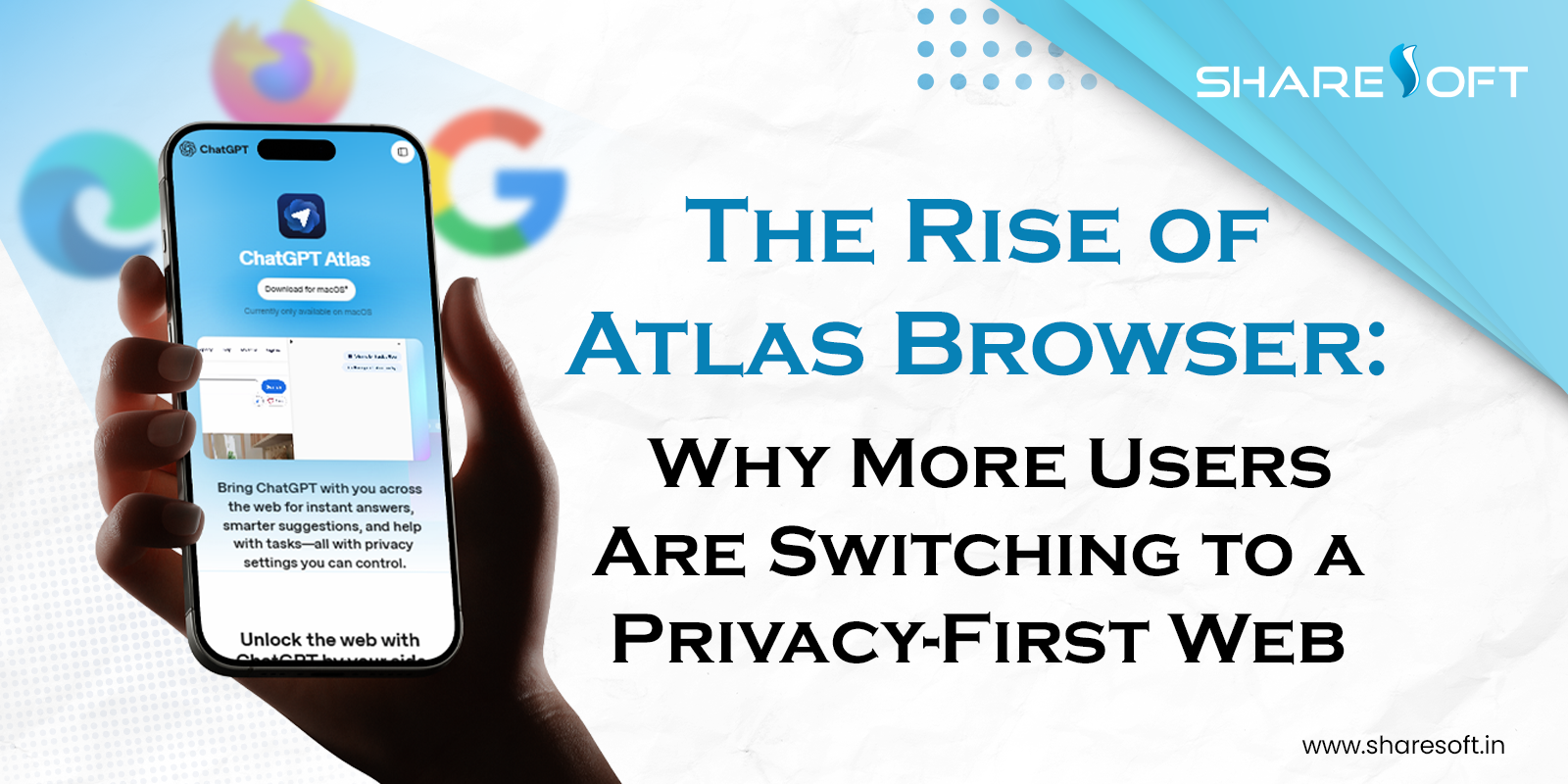
Latest Blog
Introduction
The eCommerce industry has grown at lightning speed over the last decade. From small independent sellers to international enterprises, every business is trying to find its place in the digital marketplace. But behind every successful online store lies one critical decision: choosing the right platform.
With so many platforms available—WooCommerce, Magento, PrestaShop, BigCommerce, Wix, and more—the choice can feel overwhelming. Each platform has strengths, but many businesses eventually find themselves frustrated by technical challenges, hidden costs, or scalability issues.
That’s where Shopify steps in. Known for its simplicity, flexibility, and reliability, Shopify has become the go-to eCommerce solution for over 4.5 million merchants worldwide. Whether you’re a beginner launching your first store or an enterprise-level brand handling thousands of transactions daily, Shopify has something to offer.
In this blog, we’ll explore the top 10 Shopify benefits and answer the common question: why choose Shopify over other platforms like WooCommerce or Magento?
1. Ease of Use: Focus on Business, Not Tech
One of the most celebrated Shopify benefits is its user-friendly interface. Unlike WooCommerce, which requires WordPress knowledge, plugin management, and server maintenance, Shopify keeps everything simple.
The dashboard is intuitive, offering drag-and-drop functionality to update products, customize themes, or manage orders. You don’t need to be a developer to launch or maintain a Shopify store.
For entrepreneurs, this means more time spent on marketing, product development, and customer service—and less time worrying about technical glitches, coding, or server downtime.
2. All-in-One eCommerce Platform
Shopify is often described as an all-in-one solution, and for good reason. While WooCommerce is technically free, it requires you to arrange your own hosting, security certificates, and backups. Magento demands even more infrastructure and technical oversight.
Shopify, on the other hand, bundles everything together:
-
Web hosting
-
SSL certificates
-
Automatic software updates
-
Payment gateway integrations
This eliminates the headache of managing multiple providers and ensures you always have a stable, secure foundation for your store.
3. Mobile-Optimized Experience
With mobile commerce (m-commerce) projected to account for nearly 75% of eCommerce sales globally, businesses can’t afford to ignore smartphones and tablets. Shopify themes are mobile-first by design, ensuring your store looks and functions beautifully on all devices.
Even the checkout process is mobile-optimized, which reduces cart abandonment rates. While WooCommerce can be made mobile-friendly through plugins or custom development, Shopify provides it straight out of the box.
4. Strong Security Standards
When running an online store, security is non-negotiable. Customers need assurance that their personal and payment information is safe. Shopify handles this for you by being PCI DSS compliant, which is the global standard for payment security.
Additionally, every Shopify store comes with a free SSL certificate, ensuring data transmitted between the site and users is encrypted. WooCommerce users, by comparison, must manually install and manage SSL, as well as ensure their hosting provider maintains security updates.
By choosing Shopify, businesses can protect their reputation and build customer trust without additional complexity.
5. Expansive App Ecosystem
One of the standout Shopify benefits is its App Store, which offers more than 8,000 apps and integrations. These apps extend Shopify’s core features, allowing you to:
-
Automate email marketing
-
Add loyalty programs and rewards
-
Manage inventory across multiple channels
-
Integrate with CRMs like HubSpot or Zoho
-
Offer subscriptions or bundles
In contrast, WooCommerce relies heavily on plugins, many of which are community-built and not always reliable. Shopify’s apps undergo quality checks and integrate seamlessly, giving businesses confidence in their performance.
6. SEO-Friendly Features for Growth
Driving traffic to your store is just as important as having great products. Shopify includes a range of built-in SEO tools such as:
-
Editable title tags and meta descriptions
-
Clean, crawlable code
-
Automatic XML sitemaps
-
Optimized URL structures
While WooCommerce also supports SEO, it usually requires additional plugins like Yoast or Rank Math. Shopify simplifies this process, allowing you to optimize pages without relying on external tools. For businesses focusing on organic growth, this makes Shopify a smarter long-term choice.
7. 24/7 Customer Support
Technical issues can happen at any time—and when they do, you need fast solutions. Shopify offers round-the-clock customer support via live chat, email, and phone. Their Help Center and community forums also provide a wealth of tutorials and troubleshooting guides.
WooCommerce support, however, is fragmented. Because it’s an open-source plugin, support often depends on your hosting provider, theme developer, or third-party plugin creator. Shopify consolidates everything under one roof, giving merchants peace of mind.
8. Scalable for Business Growth
Whether you’re processing 10 orders a week or 10,000 orders a day, Shopify has the infrastructure to keep your store running smoothly. The platform scales effortlessly with your business, which is one reason Shopify Plus has become the preferred choice for enterprise-level companies like Gymshark and Heinz.
In contrast, WooCommerce and Magento often require costly server upgrades and developer support as your store grows. With Shopify, scaling is seamless and predictable, letting you plan for expansion without fear of downtime.
9. Payment Gateway Flexibility
Shopify integrates with more than 100 payment gateways worldwide, including PayPal, Stripe, Amazon Pay, and Shopify Payments. This allows merchants to cater to global customers while reducing transaction friction.
WooCommerce also supports multiple payment gateways, but setup is often more complicated, and additional plugins may be required. Shopify simplifies checkout with a streamlined, user-friendly process that boosts conversion rates.
10. Better Alternative to WooCommerce for Many Businesses
The Shopify vs WooCommerce debate is ongoing, but for many businesses, Shopify comes out on top. WooCommerce is a good option for store owners who are highly technical, enjoy customization, and don’t mind constant plugin management.
However, for businesses that want an easy-to-manage, secure, and scalable platform, Shopify is the better choice. It removes technical barriers, offers reliable support, and provides a ready-to-grow ecosystem.
Conclusion: Why Choose Shopify?
In the ever-competitive eCommerce world, the right platform can be the difference between success and frustration. Shopify has proven time and again why it’s the platform of choice for millions of businesses: ease of use, scalability, security, mobile optimization, and unmatched support.
If you’re weighing the pros and cons of Shopify vs WooCommerce or exploring alternatives, the decision often comes down to one simple question: Do you want to spend more time managing your store’s technology or growing your business?
For businesses ready to get started, check out our Shopify development services to build a store that’s fast, secure, and tailored to your unique brand needs.
Frequently Asked Questions (FAQs)
Q1: Why should I choose Shopify over WooCommerce?
Shopify is a hosted platform, which means it handles security, hosting, and updates for you. WooCommerce, while flexible, requires self-hosting and more technical management. Businesses that want a hassle-free solution often choose Shopify.
Q2: Is Shopify good for small businesses?
Yes! Shopify is beginner-friendly, affordable, and offers scalable features. Whether you’re just starting out or planning to grow, Shopify adapts to your business size.
Q3: Can I migrate from WooCommerce or Magento to Shopify?
Absolutely. Many businesses switch to Shopify for its reliability and simplicity. Professional [Shopify development services] can help you migrate without losing data or SEO rankings.
Q4: Does Shopify help with SEO?
Yes. Shopify comes with built-in SEO features like customizable title tags, meta descriptions, clean URLs, and mobile optimization. Apps and integrations can further enhance your SEO efforts.
Q5: Is Shopify worth the cost compared to other platforms?
For most businesses, Shopify’s hosting, security, 24/7 support, and all-in-one ecosystem justify the cost. It saves time, reduces technical headaches, and lets you focus on growing your sales.








